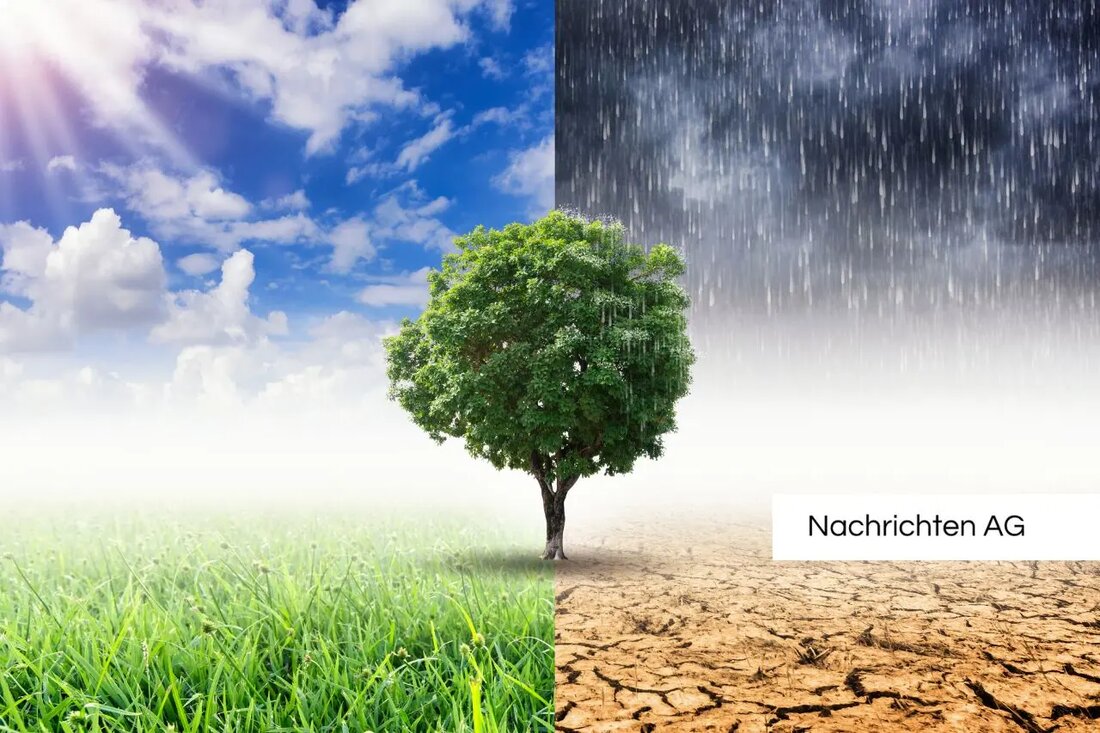Experience the stars: Spacebuzz One makes Duisburg a space capital!
Experience the stars: Spacebuzz One makes Duisburg a space capital!
The Spacebuzz One of the German Aerospace Center (DLR) came to Duisburg on Saturday, April 6, 2025. WDR reports that this walkable high-tech truck, which looks like a lying rocket, is available at the cow gate to offer visitor an impressive experience. From 1 p.m. to 5 p.m., interested parties have the opportunity to experience a virtual flight around the earth. With the help of state-of-the-art virtual reality technology, the participants can slip into the role of astronauts for 25 minutes and enjoy fascinating pictures from space.
The Duisburg-Mitte district administration promotes interactive learning with this offer. Children from the age of ten who can fly are particularly addressed. The capacity per flight is limited to nine people, which is why visitors should plan waiting times. Admission to this unique experience is free, which in particular benefits families and facilitates access to education through space travel and climate change.
The environment in focus
As part of the virtual journey, the participants have the opportunity to learn a lot about the condition of our planet. Spacebuzz one informs that the earth is referred to as "blue planet", since over 70 percent of its surface is covered with water. Every year, more than 112,000 square kilometers of tropical rainforest are cut down, which corresponds to worrying 30 soccer fields per minute. In addition, an average of 277 gigatons Greenlandeis per year disappear.
ESA astronauts like Alexander Gerst and Matthias Maurer also take the participants on a trip to the moon. During this excursion it shows how close the connection between the earth and the moon is. The view from space illustrates the dramatic changes in the environment, such as melting glaciers and drying rivers.
The challenges of space travel
Despite the fascination for space travel, there are also critical voices about the environmental balance of this industry. TU Braunschweig warns that rocket emissions and rubble of satellites can have negative effects on the earth's atmosphere. The research group under Professor Karl-Heinz Glaßmeier examines how particle and gaseous emissions from rockets and satellites come into different atmospheric layers.
The start rate in space travel is expected to increase sharply in the coming years, which increases the human contribution to the atmosphere. The researchers warn that aluminum particles that come from burned satellites could promote ozone reduction and require more intensive studies on the effects of rocket emissions and space junk.
If you are in Duisburg on Saturday, Spacebuzz One could be an excellent opportunity not only to discover the miracles of space travel, but also to raise awareness of the preservation of our planet.
| Details | |
|---|---|
| Quellen | |


Kommentare (0)